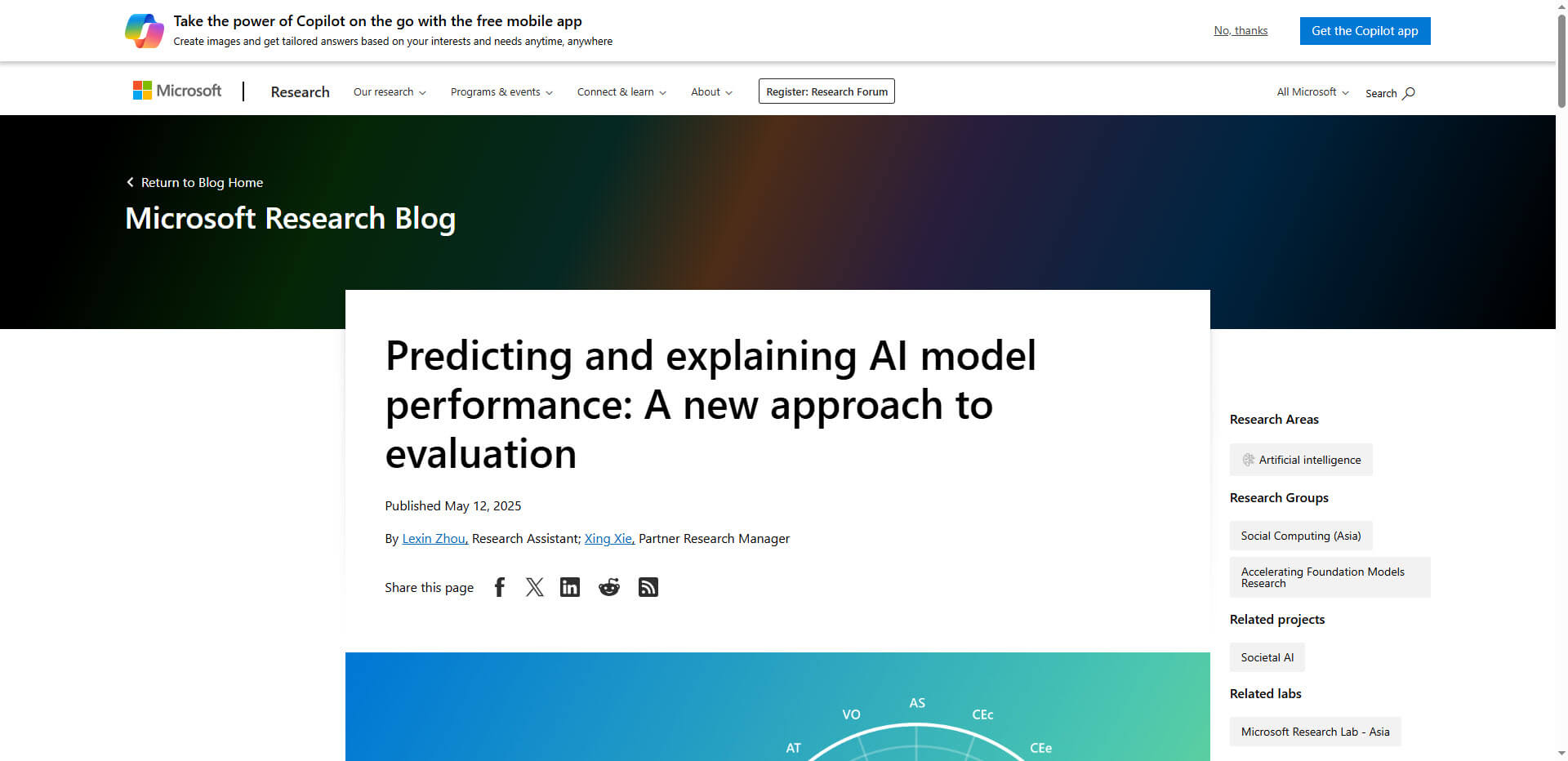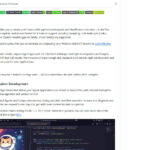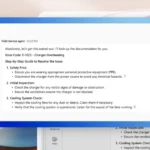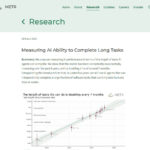The future of AI evaluation has been fundamentally changed by Microsoft’s new ADeLe framework, which not only provides 88% accurate performance predictions for new tasks, but also explains why models fail or succeed.
The rapid development of AI systems poses a significant problem for the industry: how can we reliably predict whether a model can handle a new task without specifically testing it? Microsoft Research has worked with partners to develop a solution – the ADeLe (Annotated Demand Levels) framework, which evaluates 18 cognitive and knowledge-based capabilities to predict the performance of AI models such as GPT-4o and LLaMA-3.1-405B. This approach marks a significant departure from traditional benchmark metrics that only measure whether a model can solve certain tasks, but cannot explain why.
By analyzing 16,000 examples from 63 tasks and 20 benchmarks, the ADeLe framework has proven its superior predictive power. Particularly impressive is the system’s ability to predict performance on entirely new task types with 88% accuracy – a crucial advance for areas where reliability and safety are top priorities.
Limitations of conventional AI evaluation methods
Traditional evaluation practices rely primarily on narrow benchmarks that measure aggregate performance metrics such as accuracy or F1 scores. These approaches suffer from three critical shortcomings: low transferability to related tasks, lack of explainability in terms of functionality, and susceptibility to optimization strategies that circumvent real capability improvements.
The construct validity crisis in AI assessment is reflected in systemic flaws in benchmark design, including cultural bias in dataset creation, inadequate documentation standards, and lack of consideration of human-AI interaction dynamics. Over 78% of the benchmarks analyzed focus exclusively on text-based tasks in English and neglect multimodal integration and cross-lingual validity.
Future implications for AI development
The framework’s ability to predict performance outside the distribution has profound implications for high-risk domains. In medical diagnosis, for example, a model’s KNs (social science) score predicts how it will handle psychosomatic cases – a crucial factor missing from traditional accuracy metrics. Early trials showed that ADeLe could have prevented 62% of diagnostic errors in a 2024 AI-assisted radiology system by identifying metacognitive weaknesses.
The transparency and risk assessment requirements of the EU AI Act are in line with ADeLe’s explanatory capabilities. By transforming model profiles into standardized capability reports, developers can demonstrate compliance with Article 14 documentation requirements more effectively than through traditional benchmark results.
Summary
- Microsoft Research has developed ADeLe, a groundbreaking AI assessment framework that measures 18 cognitive and knowledge-based skills
- The system achieves 88% accuracy in predicting model performance on entirely new tasks
- Unlike traditional metrics, ADeLe provides deep explanations for why models fail or succeed on specific tasks
- The framework has been validated by analyzing 16,000 examples from 63 tasks and outperforms embedding-based methods
- Implications range from improved AI safety to regulatory compliance, enabling more reliable predictions for critical applications
Source: Microsoft







